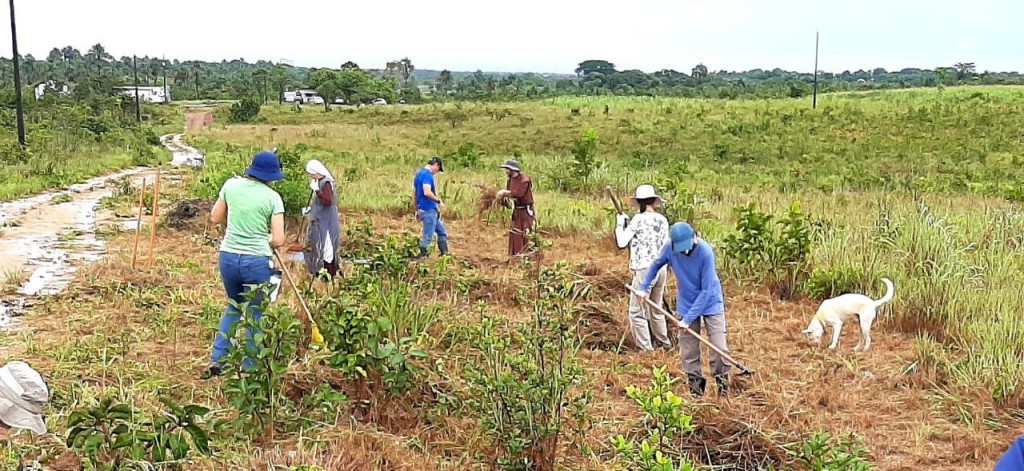The Flor do Sagrado Tepui de Roraima Light-Community, affiliated with the Fraternity – International Humanitarian Federation (FIHF), taking advantage of the rainy season, in June of this year began a project for implementing an Agroforestry System in a half hectare area located in the semi-rural region of Boa Vista, with the main objective of expressing one of the attributes of the Light-Community, which is Love for the Kingdoms, mainly the Plant Kingdom.
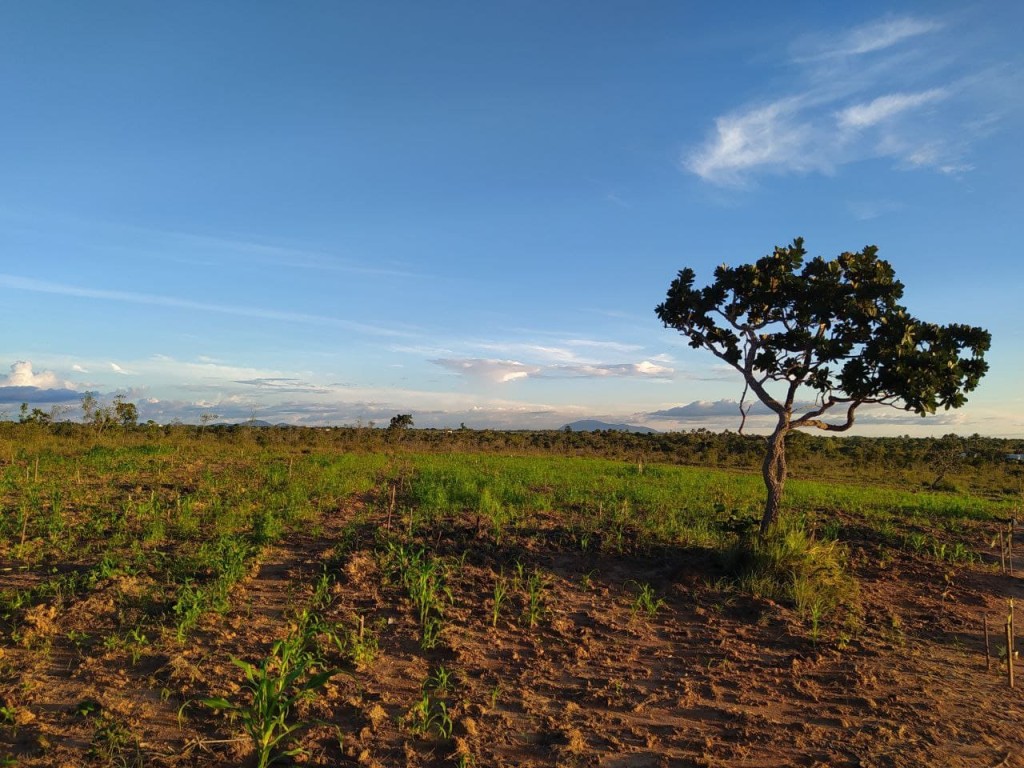
The Agroforestry System or AFS, is a form of production inspired by the dynamics of natural ecosystems, where different species of trees are planted together with agricultural crops. It is an ancient system of land use that has been practiced for thousands of years by indigenous peoples and farmers.
According to Friar Faustino, who is the focal point for the implementation of the project, “in this system, rows and between-rows of plants are alternated, seeking in this interaction to create a regeneration of the soil and the generating of an environment for the plantings to be balanced and be self-regulating, like in a forest.”
Support Network
A true joining of efforts is making the implementation of the AFS possible: the seeds were sent by the Figueira Light-Community, of Carmo da Cachoeira/MG; the purchase of the supplies came about through the support of the local government; the natural fertilizers and the ash were donated by companies; the seedlings were made available by Embrapa. “In this way, a network of institutional relationships comes together,” assesses Friar Thomas, monk of the Grace Mercy Order and manager of the Roraima Light-Community.
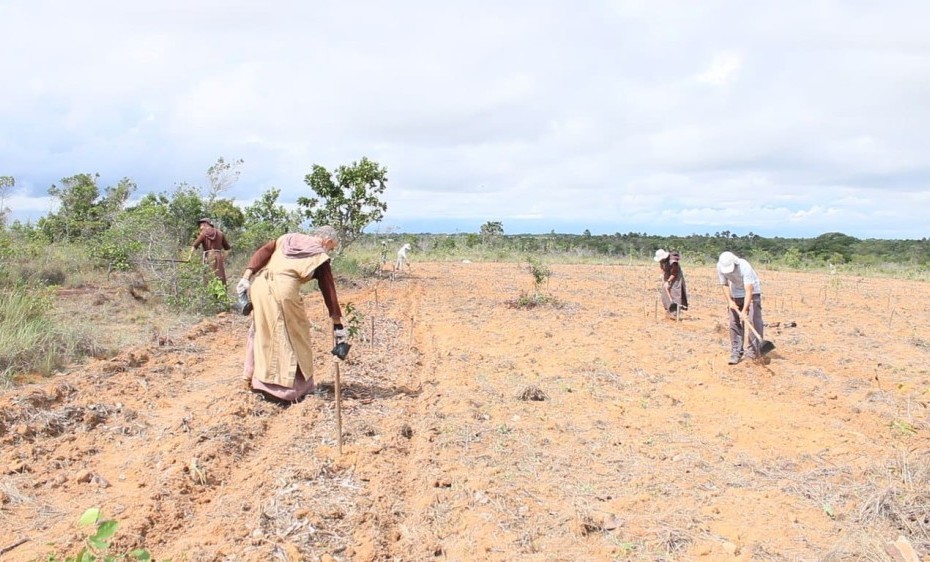
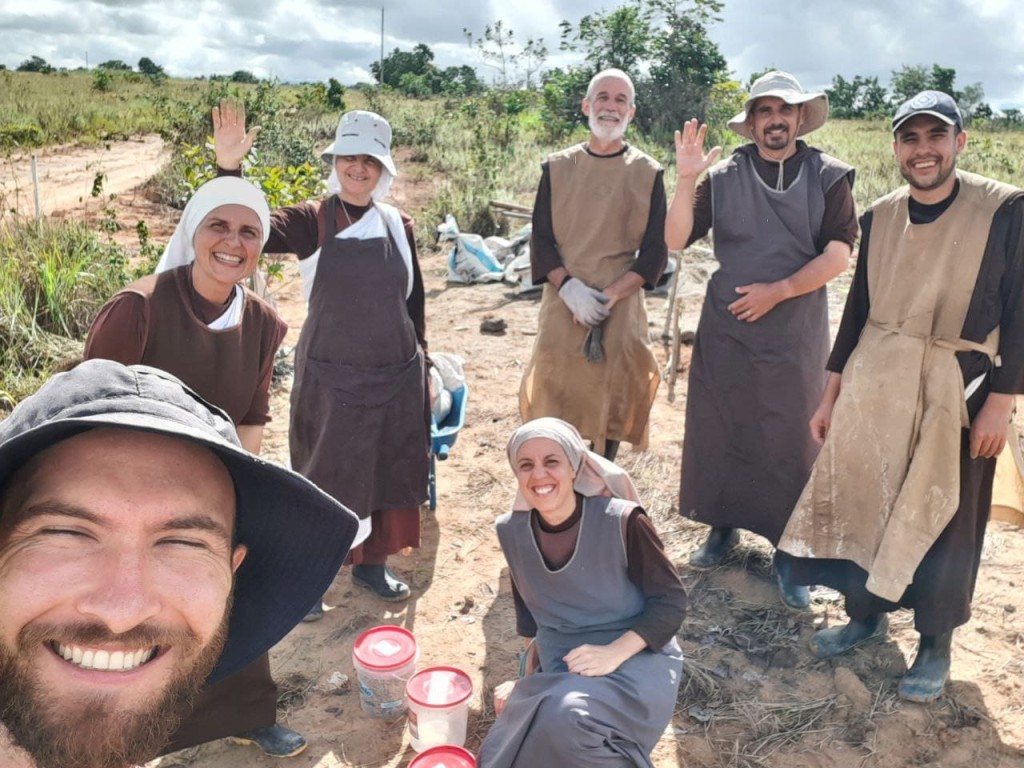
“With few resources we’re managing to materialize the planned agroforestry design in its entirety. At first, it’s proposed that the Light-Community work gradually toward it’s self-sufficiency. At the same time, integrate the agroforest into the Service Network with the future donation of the production surplus to vulnerable communities, besides the proposal to make this space a place for the transfer of knowledge, so that people and groups outside of the Light-Community can get to know both the practice and methodology of agroforestry as a principle of love and care of nature,” highlights the monk.
An example of the transfer of knowledge is the exchange promoted by the Indigenous Cultural and Training Centre (CCFI), coordinated by the Humanitarian Fraternity (FIHF), which made it possible for Venezuelanindigenous immigrants of the Pemon-Taurepang to spend three months in the Figueira Light-Community to learn about agroforestry and take those practices into their communities, and thus contribute to them achieving socioeconomic development.
“These same indigenous people have already offered to participate with larger groups in collective tasks in the agroforest of the Light-Community”, Friar Thomas tells us.
Collective Tasks (Mutirões) – it’s strength is in the joining of efforts
On weekends, the collective tasks gather together humanitarian aid volunteers, missionaries, monks and members of the Light-Network in agroforestry support tasks.
“In this stage where the project is, the proposal is to make a low-cost implementation, mainly with the aim of regenerating the soil and planting trees in the rows. Also being done is the building of an initial irrigation system, for when the dry season begins in October”, explains Friar Faustino.
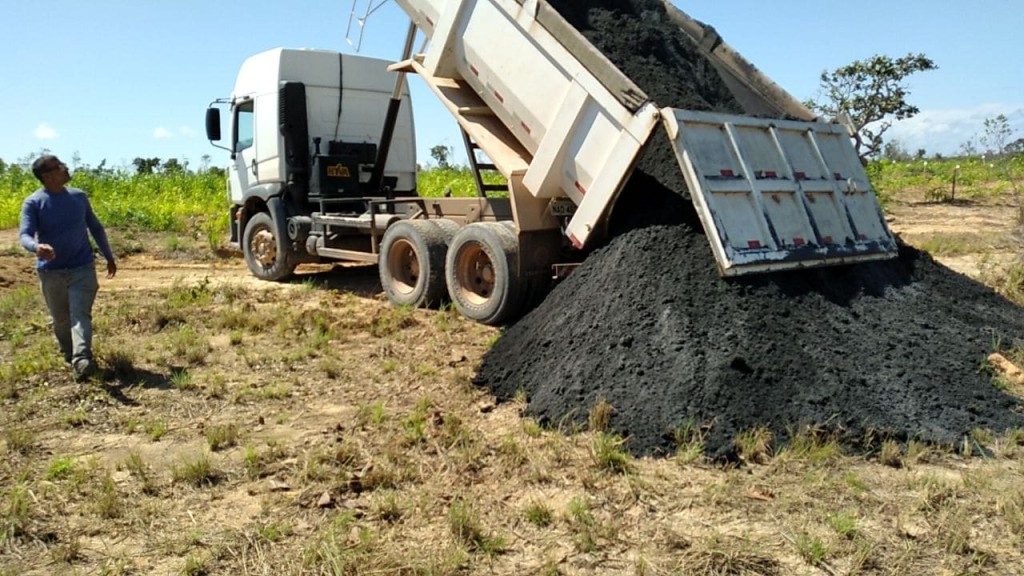

For future stages, the idea is to consolidate the agroforestry methodology, begin with a sustainable production for the Light-Community, integrate this planting work with the Service Network, and obtain implements that would help in management, such as a tractor, for example.
Beatriz Osório, humanitarian aid volunteer of the Roraima Mission and member of the Light-Network, expresses her gratitude and joy in adding her efforts to the group in the implementation of the agroforest: “It has been a very rich experience in several senses, mainly in being there from the beginning, seeing there was nothing there on a degraded soil, and seeing everything transforming into a richness and diversity of species that are growing and supporting each other. The collective work of mutirões, the joining of efforts has also taught me a lot,” Beatriz points out.
